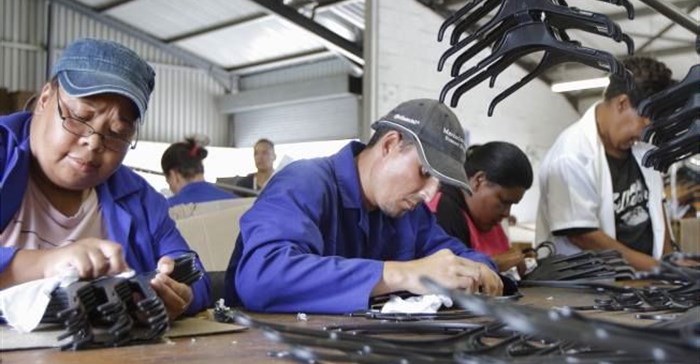Bridging the disconnect between NGOs and the business sector

“Well, in our country,” said Alice, still panting a little, “you’d generally get to somewhere else — if you run very fast for a long time, as we’ve been doing." “A slow sort of country!” said the Queen. “Now, here, you see, it takes all the running you can do, to keep in the same place. If you want to get somewhere else, you must run at least twice as fast as that!”- Through the Looking glass by Lewis Carroll.
The world of the 80s and even 90s is no more, the explosion of the internet as well as mobile technology in the early 2000s has changed the daily lives of the majority of humanity; we are more interconnected than ever, whether that is viewed from a business-to-business perspective or person-to-person.
Obstacles and opportunities
In such an environment, a new myriad of obstacles and opportunities present themselves to NGOs, only those willing to adapt and change their models of operating and fundraising will reap the rewards that are on offer, those that don’t adapt will fold (eventually) and close their doors.
NGOs are under even more pressure to do more with less as government budgets get squeezed and private donors become more dispersed between the thousands of causes they can donate too. At the same time, NGOs still face issues of capacity, skills training and a lack of long term planning and sustainable revenue models.
NGOs need to view themselves more akin to businesses - yes, they still service communities that are desperate for help, but it needs to be done in a way that ensures the long term viability of the organisation.
Orion, for example, has had a lot of business outsourced to them – we saw a niche in the market place and utilised and developed the skills of our many full-time and day residents and through training and skills development to the varied degrees of mental and physical abilities of each person, we have been able to offer much needed services at market-related prices to many other businesses through our onsite Work Centre. We did our research, planned and then marketed ourselves and have secured a number of fixed-term outsourced packing contracts with a number of large corporates such as Hisense, large vehicle spares company TRW, to assemble airbag and seatbelt components for vehicles, and repurposing millions of plastic hangers Hangerman – to mention a few.
Working collaboratively with the business sector
Not only does our Work Centre bring in much needed resources to the organisation whilst at the same time providing a personal income to residents, which allows them be part of our economic ecosystem, it has also afforded us the opportunity to expand our service offering and to work collaboratively with the business sector to seek ways to assist each other and grow both our revenue models. A developmental progress plan was designed for each worker, resulting in growth and development within their own capacity. Skills development and mentorship programmes increase opportunities to grow and develop to highest level.
Gone are the days of handouts and simple fundraising, the world is too fast and the needs so big that new approaches need to be implemented by NGOs to ensure their viability going into the future. Orion has found a method that works for us, it is up to NGOs to find their sustainable revenue models.
But a few guidelines can be shared:
- Determine the business need in the organisation - do not just act on anything that looks positive or try to copy others.
- Determine what strengths lie within your organisation and build on those.
- Find and develop long term partners that buy in and support your vision and mission.
- Identify a revenue stream and develop that.
- Invest in skills training and staff development.
- Be aware of new methods of creating collaborative partnerships with business and other organisations.
- Be tech-savvy - ensure that you are connected to the variety of social media platforms and share your stories – content is key to getting society to connect with your organisations and become involved i.e. if you have a donor who has given you something, do a quick picture or video clip and share it with the world to say thank you. It’s a win for both parties – you get goods or services donated and they get public recognition that is easy to share and be spoken about.
- Make giving money easy and interactive i.e. SnapScan on your website.
- Network with other organisations in your catchment area and see how you can work together or share resources. Make a point of getting to know the businesses in your area.
- Getting the right people onboard – many an NGO has fallen away or lagged in the marketplace because they have the wrong people on their team – this goes from the board all the way down. If they are not passionate and don’t want to get things done, best they move on and make way for people who can get the job done.
- Success breeds success. Be proud of successes and share your insights and key learnings - even the failures as failing is a great opportunity to do it differently and better the next time. Tell the world what you doing and keep sharing and learning.
About Hannl Cronje
View my profile and articles...